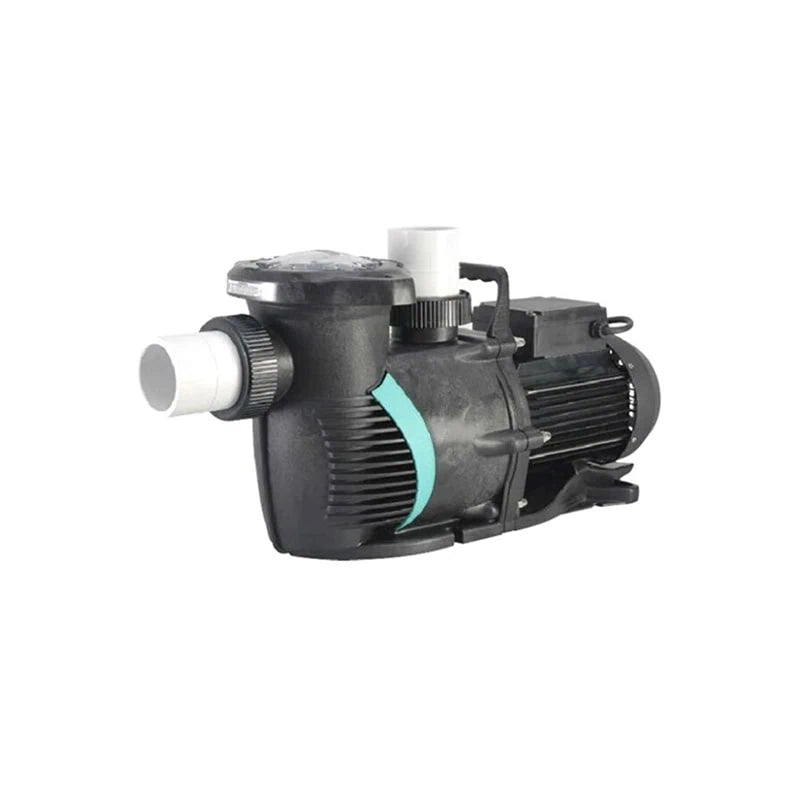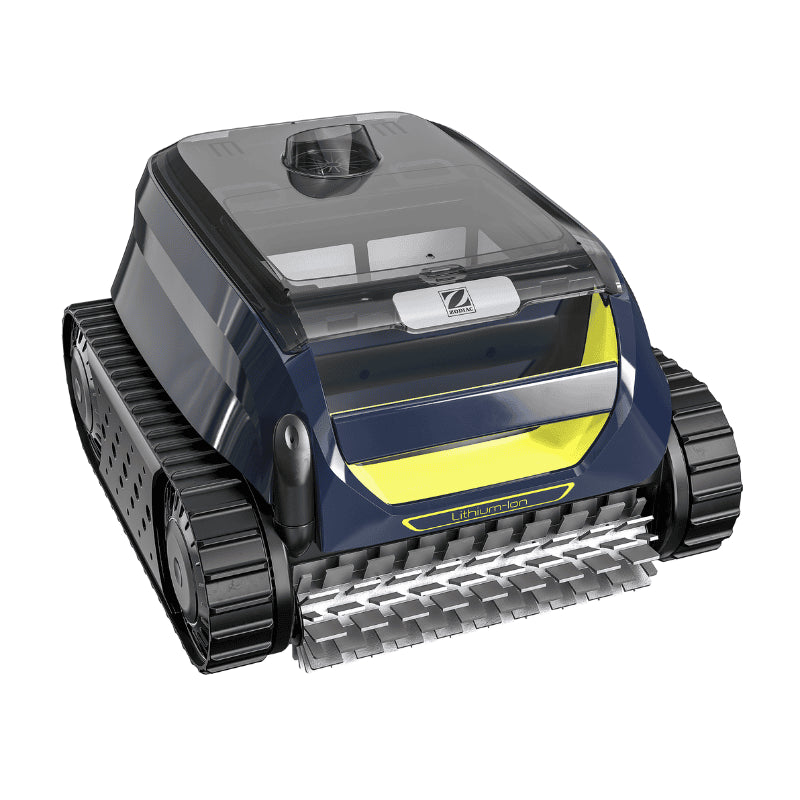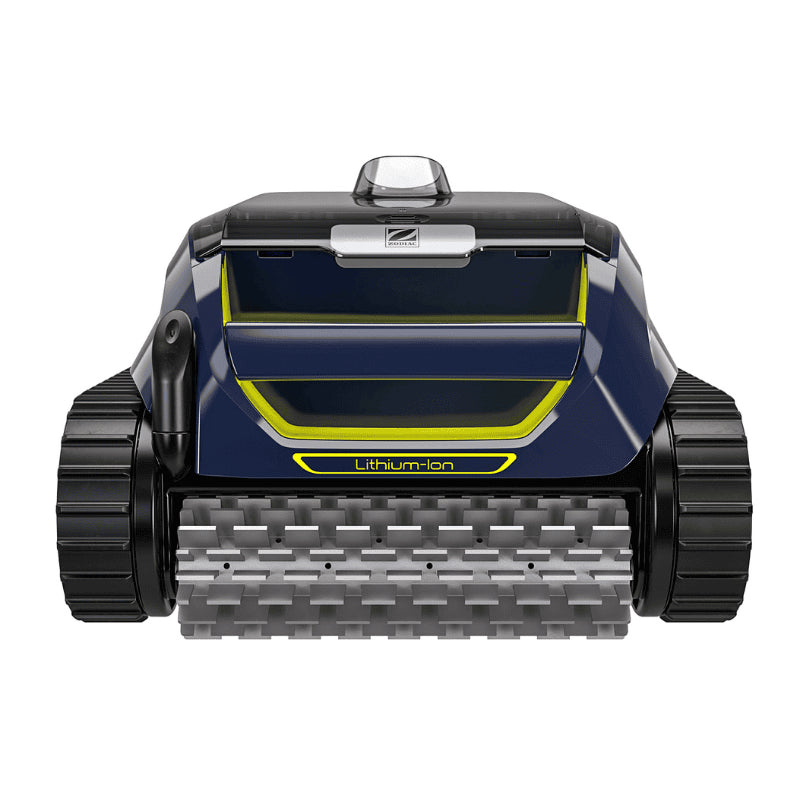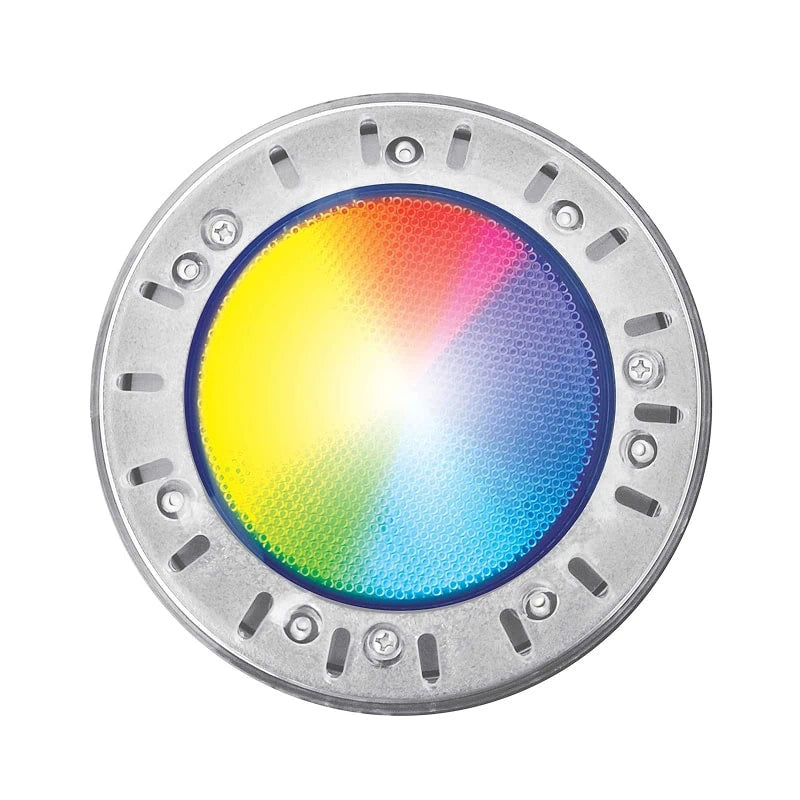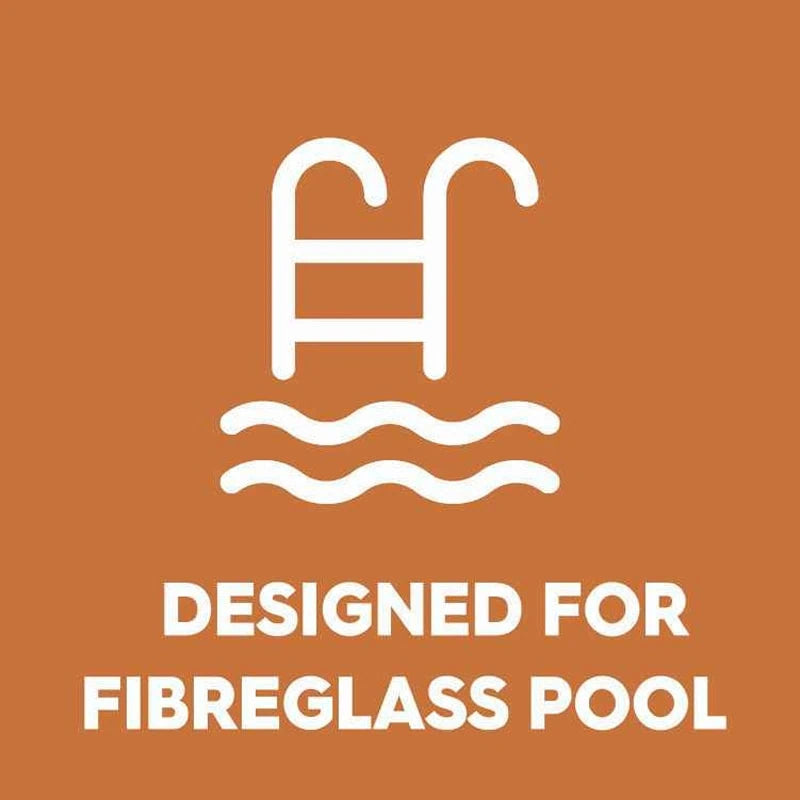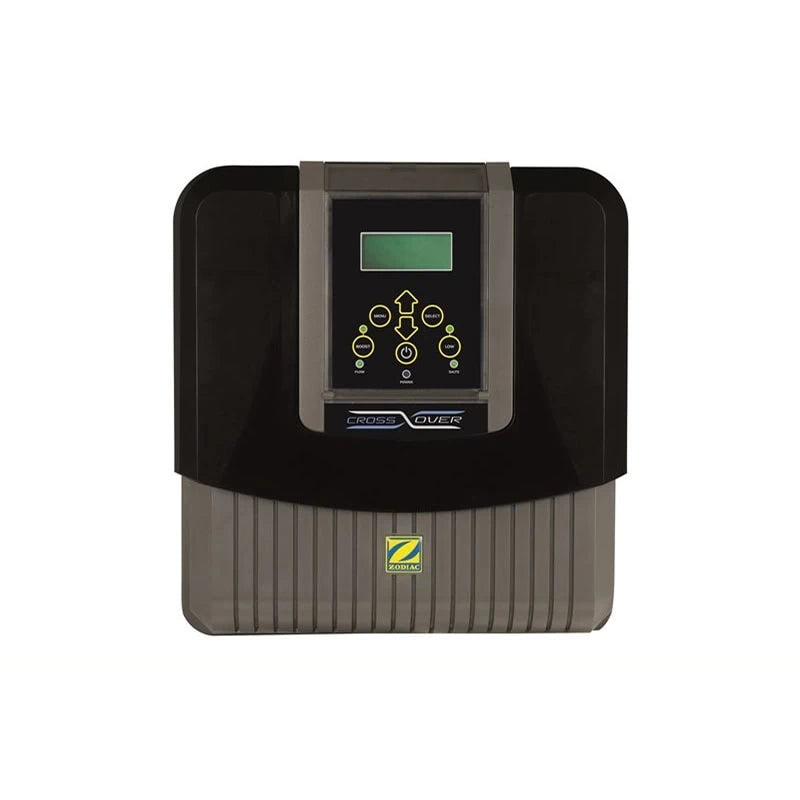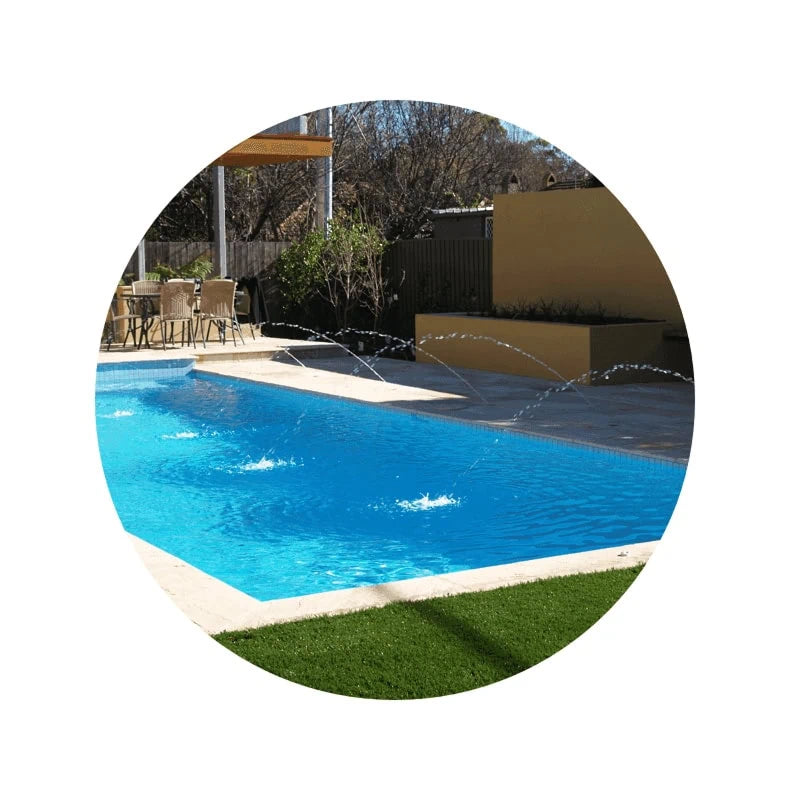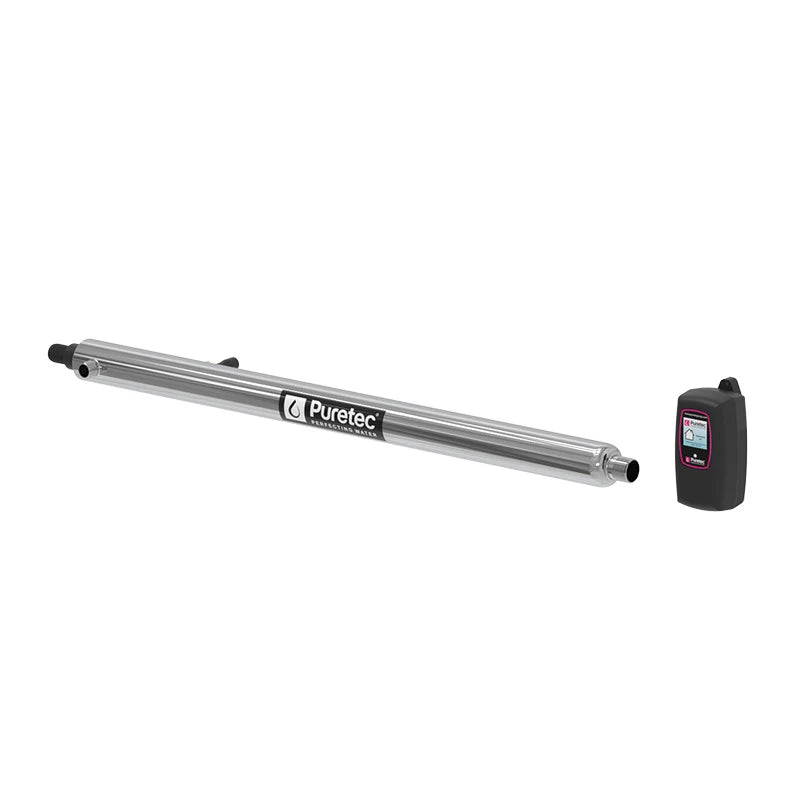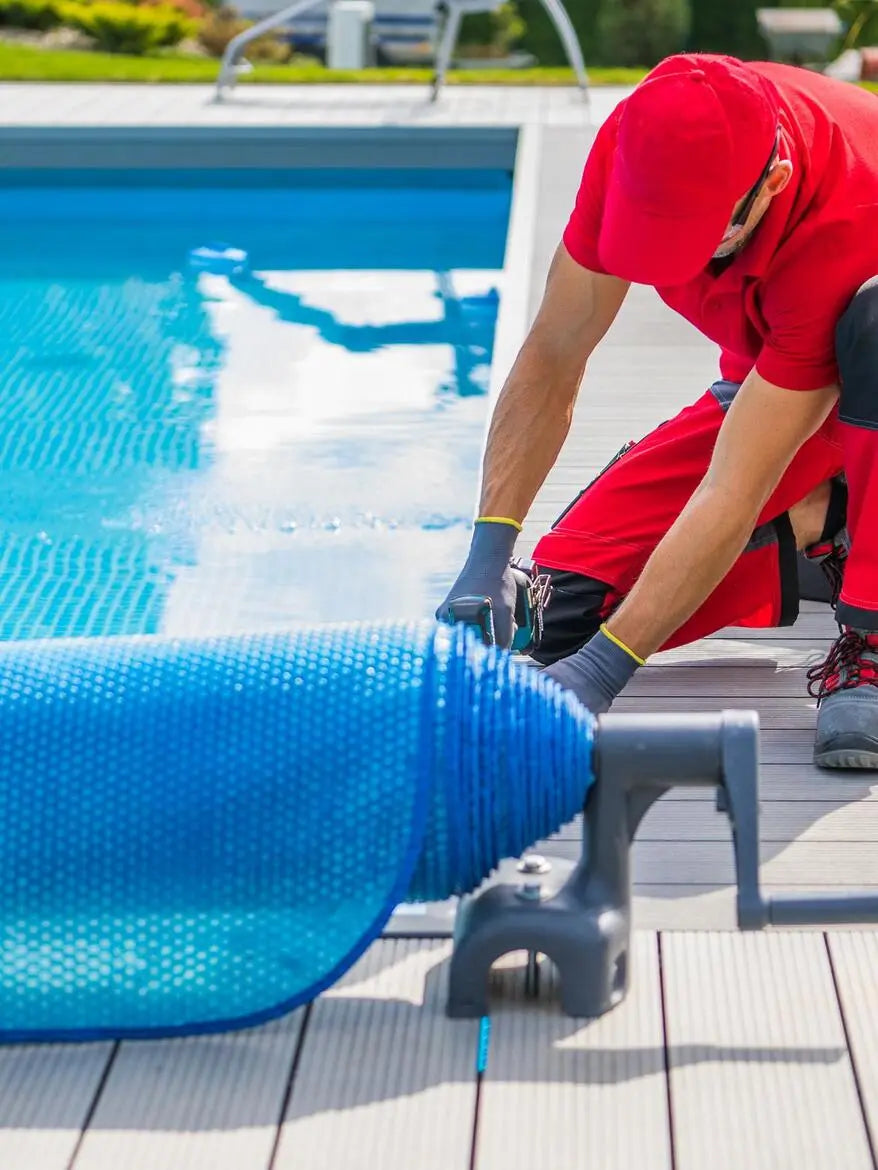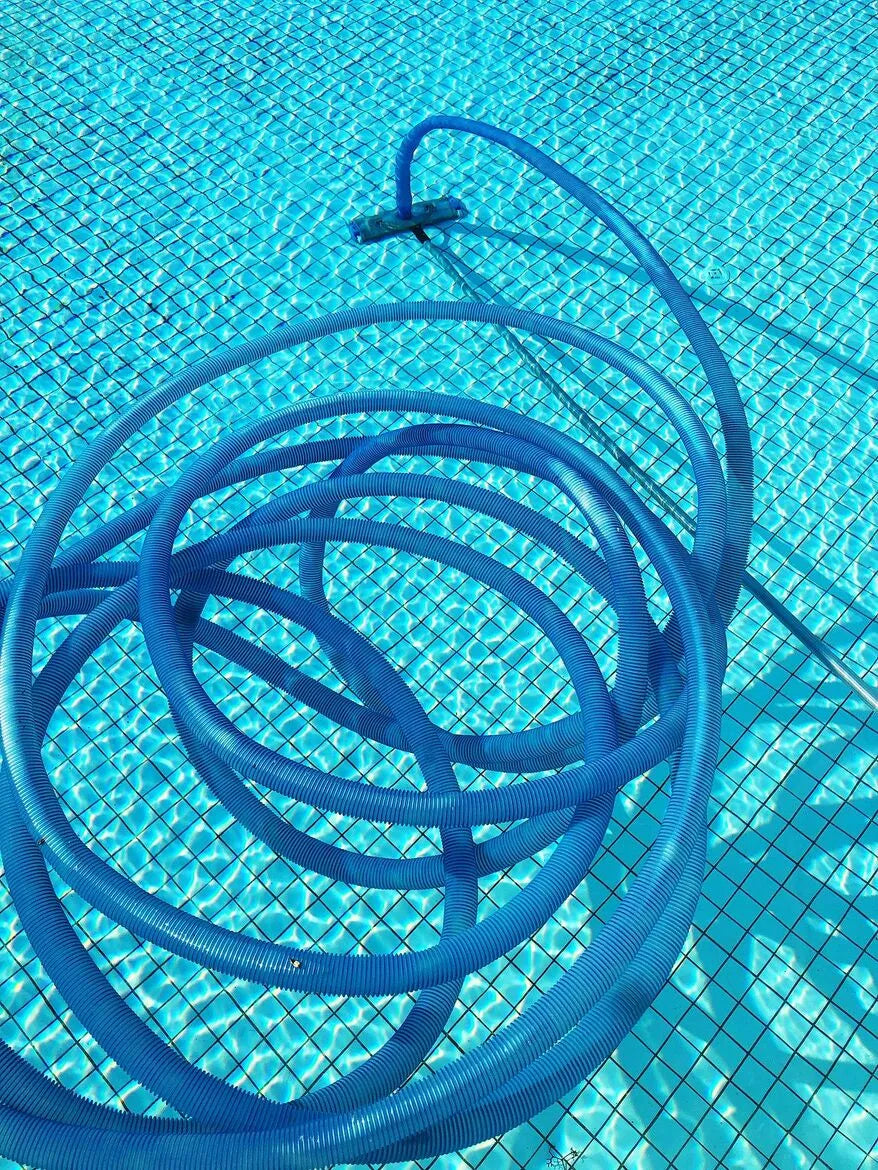How Long Do Pool Pumps Last?

If you have a pool, you know that the pool pump is essential. It keeps the water clean and safe for swimming. Without it, the pool can quickly fill with algae and bacteria. But how long do pool pumps last? Knowing this helps you plan for maintenance and replacements, so your pool stays fun and healthy for your family.
A pool pump's lifespan can vary and is influenced by several factors. Typically, pool pumps last around 8 to 12 years, but with good care, some can last even longer. This blog post will look at what affects a pool pump's lifespan, common problems to watch for, and tips to help it last longer. By the end, you'll know how to keep your pool pump running well for years.
Factors Affecting Pool Pump Lifespan
👉 Quality of the Pump
The main factor in how long a pool pump lasts is its quality. High-quality pumps use strong materials and advanced technology to handle daily use. While a good brand may cost more initially, it can save you money by needing fewer repairs and replacements. Choose pumps with warranties and customer support to make a smart choice.
👉 Frequency of Use
How often you use your pool pump affects its lifespan. A pump that runs all day will wear out faster than one that runs less. To keep the water clean, aim to run your pump for about 8 hours a day during the swimming season. Adjust the runtime based on how much you use the pool and the weather to keep it effective and lasting longer.
👉 Maintenance Practices
Keeping up with regular maintenance is key to making your pool pump last longer. Simple tasks like cleaning the pump basket, checking for leaks, and ensuring good water flow can really help. If you ignore maintenance, you might end up with clogged filters, overheating, and other problems that can hurt the pump's performance and lifespan. Scheduling regular check-ups with a pool service expert can help keep your pump working well.
👉 Environmental Conditions
The environment where your pool pump works can affect how long it lasts. Pumps in extreme weather, like very hot or cold temperatures, may wear out faster. Those in humid or salty areas, like coastal regions, can corrode more quickly. Using a weather-resistant cover and making sure there's good ventilation can help reduce these effects.
Common Pool Pump Issues
Unusual Sounds from the Motor
A common sign of trouble with your pool pump is strange motor noises. Sounds like grinding, screeching, or humming may mean worn bearings, debris in the impeller, or motor issues. Fixing these noises quickly can help avoid more damage and expensive repairs. Regularly checking and cleaning the pump can help spot and fix these problems early.
Losing Suction
If your pool pump is losing suction, it won't circulate water well. This can happen because of air leaks, clogged filters, or a broken impeller. It's important to find and fix the problem quickly to keep the water clean and the pump working well. Regularly checking and replacing your pump's O-rings and seals can help prevent air leaks and suction issues.
Shutting Off Unexpectedly
A pool pump that turns off unexpectedly can be frustrating and may signal a serious issue. It could be due to overheating, electrical problems, or an overloaded circuit. To help prevent this, make sure your pump has enough ventilation, is properly wired, and isn't overworked. If the problem keeps happening, it's best to consult a professional for help.
Overheating
Overheating is a common problem that can reduce a pool pump's lifespan. It can happen because of clogged filters, blocked water flow, or a bad motor. To prevent overheating, keep filters clean, maintain proper water levels, and ensure good ventilation. Regularly check the pump's temperature and fix any overheating issues to keep it running well.
High Pressure on the Filter Gauge
High pressure on the filter gauge may mean there's a problem with your pool pump. This can happen if the filter is dirty, the impeller is clogged, or there's a blockage in the plumbing. Fixing these issues quickly can reduce strain on the pump and make it last longer. Regularly cleaning and checking your filter and pump will help keep water flowing well and maintain pressure.

Signs Your Pool Pump Needs Replacement
❌ Age of the Pump
The age of your pool pump is important when deciding if it needs to be replaced. Most pumps last about 8 to 12 years, depending on how much they are used and how well they are maintained. If your pump is getting close to this age or older, it is time to consider getting a new one. Older pumps can break down more often and use more energy so that a new pump can be a smart investment.
❌ Decreased Performance
If you notice your pool pump isn't working well, it might be time to replace it. Signs include weak water flow, difficulty keeping the pool clean, or longer cycle times. Upgrading to a newer model can improve your pool's water quality and save energy.
❌ Increased Energy Consumption
An old pool pump can use more energy than a newer, efficient one. If your energy bills have gone up, it might be because the pump is working too hard to move water. Replacing it with an energy-efficient model can save you money and help the environment.
❌ Visible Wear and Tear
Signs of wear on your pool pump can indicate that it needs replacement. Look for cracks in the housing, rust on the motor, or worn seals—all of these can affect how well the pump works. Regularly check your pump for these issues and fix them quickly to determine when you need a new one.
When to Repair vs. Replace Your Pool Pump
Assessing the Cost of Repairs
Choosing to repair or replace your pool pump usually depends on cost. Small fixes, like changing O-rings or cleaning the impeller, can be affordable and help the pump last longer. But if repairs get close to the price of a new pump, it might be better to replace it. Talking to a pool service expert can help you understand repair costs and make a smart choice.
Considering the Age and Condition of the Pump
Consider the age and condition of your pool pump when deciding. A newer pump with small problems might be worth fixing, but an older pump that's worn out is likely better to replace. Check the pump's performance, energy use, and maintenance history to help you decide.
Evaluating Energy Efficiency Benefits
Newer pool pumps use less energy than older ones. Upgrading to a modern pump can save you money on operating costs and help the environment. When thinking about whether to fix or replace your pump, keep in mind the long-term benefits of better energy efficiency and savings on your energy bills.
How to Extend the Life of Your Pool Pump
✅ Regular Maintenance Tips
Regular maintenance is important for making your pool pump last longer. Simple tasks like cleaning the pump basket, checking for leaks, and ensuring good water flow can help a lot. Scheduling regular checks with a pool service professional can keep your pump in good shape and avoid expensive repairs.
✅ Proper Installation and Use
Installing and using your pool pump correctly is important for it to last longer. Make sure the pump is the right size for your pool, follows the manufacturer's instructions, and is used as recommended to avoid damage. Getting help from a professional for installation and setup can make sure your pump works well.
✅ Seasonal Care and Storage
Taking care of and storing your pool pump for the seasons can affect how long it lasts. If you live in a place with cold winters, winterising your pump properly can stop it from freezing. Drain the pump, keep it in a dry place, and cover it with a weatherproof cover to help it last longer.
✅ Upgrading to Energy-Efficient Models
Upgrading to energy-efficient pool pumps has long-term benefits. These pumps use less energy while still performing well. Investing in one can lower your costs, be better for the environment, and make the pump last longer. Many new models also include features like variable speed settings and automated controls for convenience.

Our Case Study
One memorable experience was with a long-time customer who was unsure about replacing their old pool pump. They were dealing with issues like low water flow and loud noises. We helped them see how a new, energy-efficient pump could save on repairs and lower their electricity bills. After switching, they noticed clearer water and less maintenance time.
On the other hand, we’ve seen cases where customers chose to repair instead of replace their old pumps to save money upfront. Unfortunately, within months, they faced the same problems again, leading to higher repair costs. This showed us the importance of careful evaluations and honest conversations about pool maintenance. At Pool Tools, we want to educate our customers so they can make informed choices and enjoy their pools for years to come.
-------------------------------------------------------------------------------------------------
Knowing how long pool pumps last and what affects their lifespan can help you make better choices about maintenance, repairs, and replacements. The quality of the pump, how often you use it, maintenance habits, and the environment all influence how long it lasts. Regular upkeep, proper installation, and seasonal care can greatly extend your pump's life.
Ready to dive in? Get a free consultation today!
How Long Do Pool Pumps Last FAQ
How do I know if my pool pump needs replacing?
Signs that your pool pump may need replacing include unusual noises, decreased water flow, leaks, or continuous running without effectively filtering the water. If you frequently need repairs and maintenance, it may be more cost-effective to invest in a new pump.
What is the lifespan of a pool pump?
The average lifespan of a pool pump is typically around 8 to 12 years, depending on the model and usage. Proper maintenance and care can extend this lifespan significantly.
How long does a pool pump last in Australia?
In Australia, pool pumps usually last between 8 to 10 years, influenced by factors such as climate, usage frequency, and maintenance habits. Regular checks and upkeep will help ensure your pump operates effectively for as long as possible.
Is it worth fixing a pool pump?
Determining whether to fix or replace a pool pump depends on the extent of the damage and the cost of repairs. If repair costs are less than 50% of the price of a new pump, it is generally more economical to fix it. However, if the pump is older or requires frequent repairs, investing in a new, energy-efficient model may be the better choice.
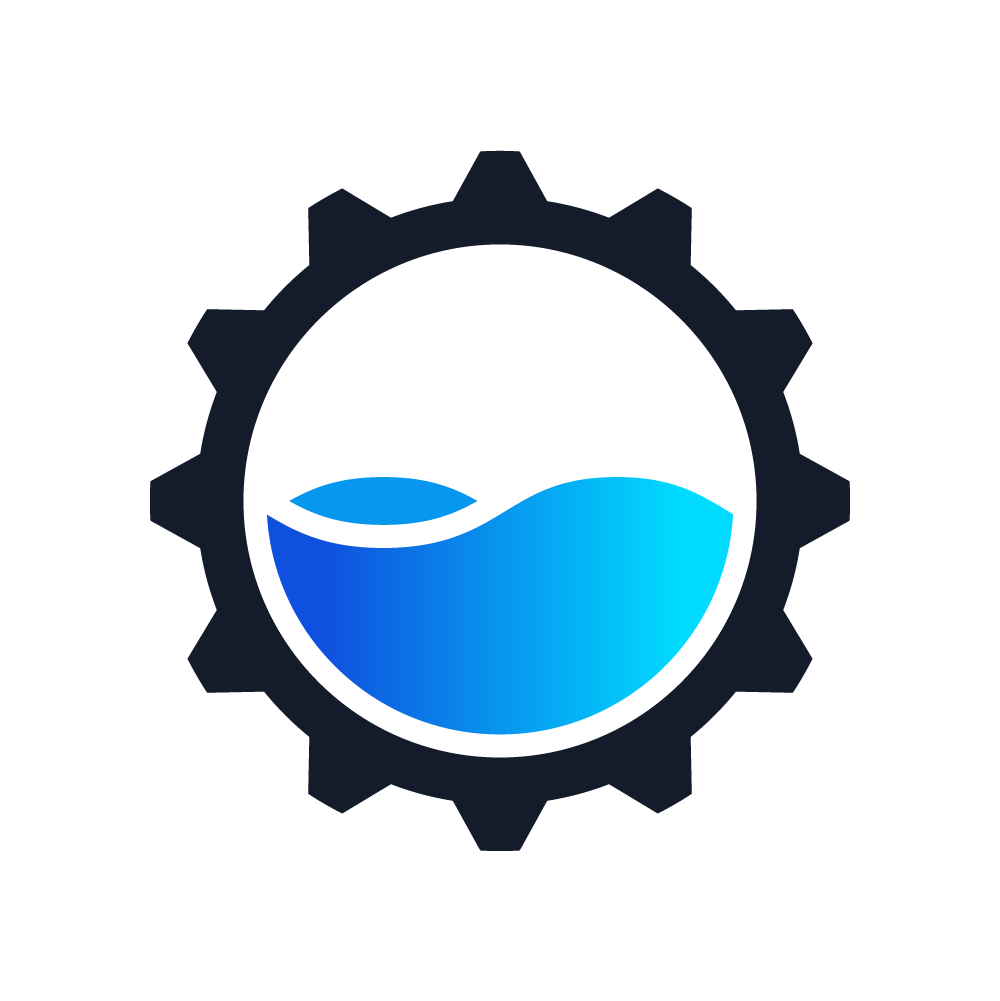
Pool Tools Team
We’re here to share expert advice, practical tips, and clear guides to help you choose, build, and maintain your pool with confidence. From fibreglass shells to everyday equipment, we make pool care simple.

